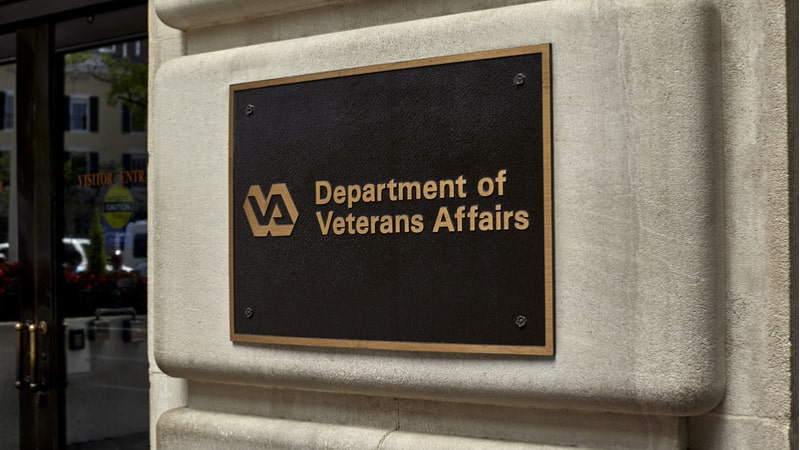
The Department of Veterans Affairs’ (VA) National AI Institute (NAII) is taking a pragmatic approach to artificial intelligence, focusing on products that deliver measurable improvements for veterans rather than chasing hype, according to Evan Carey, acting director of the NAII.
Speaking at AFCEA Bethesda’s Health IT Summit held in Washington on Sept. 4, Carey emphasized that AI’s value lies not in the technology itself, but in how it solves real-world problems for veterans.
“I think the big risk here with anything in the hype cycle is that, there’s some intrinsic value in AI, [but many believe,] ‘Oh, AI is just valuable by itself.’ It’s not valuable unless we put it into a product that addresses workflow that people use, that works for them, that drives impacts for veterans,” Carey said.
One of the most promising opportunities for AI integration, Carey said, is clinical decision support.
He pointed to the enormous burden clinicians face when sifting through unstructured data to make a clinical decision. Carey quoted a national program director whom he spoke with recently, who said, “We spend 80% of our time looking for information, to only spend 15 or 20% of our time making clinical decisions.”
“I’d really like to move that number,” Carey said. “To me, a lot of the clinical decision support we can do, especially in the AI space that’s been enabled by all of these new AI tools, comes down to like just giving clinicians more time and space to process information and make decisions, as opposed to making decisions for them.”
Other AI use cases that Carey is excited about include medical imaging and analysis of latent health needs such as coronary artery calcification. He also said that AI could be used to monitor veterans’ treatment paths.
“Something I’m very excited about is, sort of, we know the trajectory of healthcare that should happen for veterans … based on the health conditions they have,” Carey explained. “And so, I think there are huge opportunities for agentic AI solutions to basically be doing that monitoring … To say, did somebody fall off of a trajectory?”
“We support [veterans’] choice to, you know, get care in the place and time of their choosing, but we want to coordinate that care, right? And so, there’s risks in care coordination that I think AI can really help us keep under control,” he said.
Ultimately, Carey said, the VA’s AI efforts are going to be grounded in the agency’s mission. The NAII hopes to ensure AI delivers measurable improvements for both veterans and the clinicians who care for them.
“We want to stay focused on the mission. AI is so exciting, I am enamored … It’s so cool, and it’s so fun. But being focused on the mission of healthcare delivery for veterans and doing that as well as we can with responsible use of resources, you know, is still the name of the game,” he said. “That’s what we’re trying to do.”
